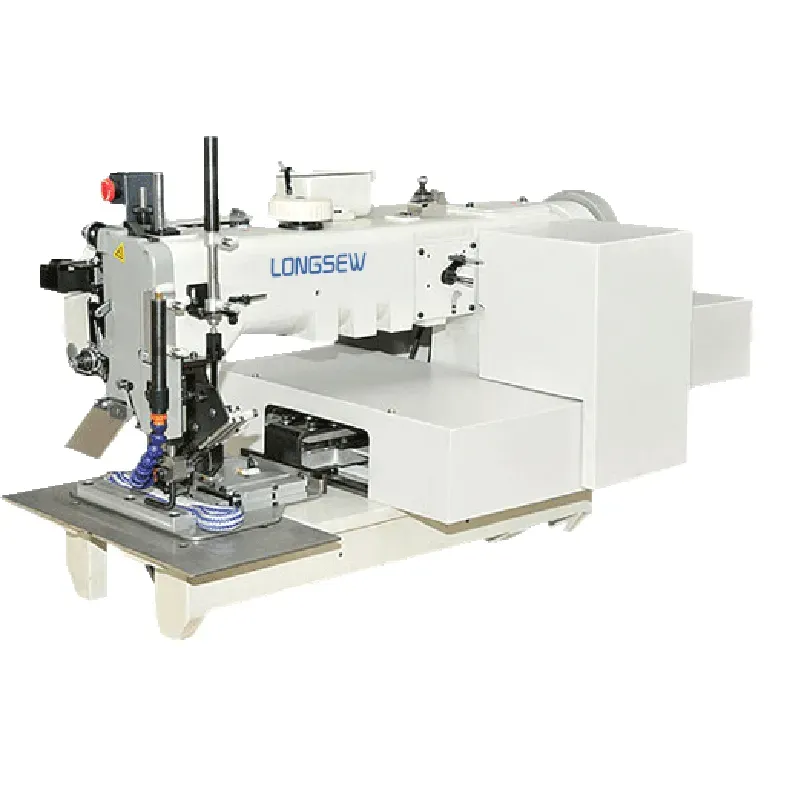Exploring Different Types of Stitching Needles for Your Sewing Projects
Understanding Stitching Needle Types A Comprehensive Guide
Stitching needles are essential tools in the world of sewing, quilting, and crafting. With a variety of needle types available, each designed for specific tasks, it can be overwhelming for beginners and even seasoned crafters to choose the right one for their projects. In this article, we'll delve into the different types of stitching needles, their unique characteristics, and when to use each type for optimal results.
Universal Needles
Universal needles are perhaps the most versatile type, making them a staple in any sewing kit. They come with a slightly rounded point, allowing them to work well with a variety of woven and knit fabrics. This needle type is ideal for general sewing projects, including garments, home decor, and quilting. If you're just starting, a pack of universal needles is a great addition to your toolkit.
Ballpoint Needles
Ballpoint needles are specifically designed for sewing knit fabrics. Unlike universal needles, they have a rounded tip that gently pushes aside the fibers rather than piercing them, which helps to prevent snagging and damage to the fabric. These needles are perfect for sewing stretch materials like jerseys, interlocks, and spandex. If your project involves knit fabrics, reaching for a ballpoint needle is the best choice.
Sharps Needles
Sharp needles feature a slender shaft and a very pointed tip, making them ideal for delicate and lightweight fabrics such as silk, microfiber, and thin cotton. They penetrate the fabric easily, allowing for precise stitching without leaving large holes. If you’re working on a project that requires detailed stitching or fine fabrics, opting for sharp needles will ensure a clean and professional finish.
Quilting Needles
Quilting needles combine features of both universal and sharp needles, but with an important twist. They have a tapered point that allows the needle to glide through multiple layers of fabric and batting with ease. This makes quilting needles especially suited for quilting projects, even for joining thicker materials. When you find yourself working on a quilt, don’t forget to use this specific type to avoid skipped stitches and to ensure smooth sewing.
stitching needle types

Denim Needles
Denim or jeans needles are built to handle thicker fabric types such as denim or canvas. They feature a thick, strong shaft and a sharp, strong point that can penetrate heavy textiles without bending or breaking. If your creative sewing involves crafting bags, outerwear, or any project requiring durable materials, denim needles are a must-have.
Embroidery Needles
When it comes to machine embroidery, specialized embroidery needles play an essential role. These needles are designed with a larger eye to accommodate thicker embroidery threads. Additionally, the needle’s shaft is slightly different to prevent thread shredding and fabric puckering. For any projects involving decorative stitches or embroidery designs, using embroidery needles will significantly improve your results.
Twin and Triple Needles
For those looking to add decorative touches or create parallel rows of stitching, twin and triple needles are perfect. These needles come in pairs or triplets with a single shank, allowing you to sew two or three straight lines simultaneously. While they are excellent for applying decorative stitches to hems or adding flair to your sewing projects, they require careful fabric handling and machine adjustments.
Specialty Needles
Aside from the aforementioned types, several specialty needles cater to specific crafting needs. For instance, threading needles can aid in hand sewing and have a built-in threader for ease of use. Also, leather needles, with their wedge-shaped points, are designed to penetrate leather or thick vinyl without tearing. Understanding these specialty options can further broaden the scope of your sewing projects.
Conclusion
Choosing the right stitching needle can enhance your sewing experience, ensuring that you achieve the quality you desire in your projects. Each needle type serves its unique purpose based on the fabric type and the specific sewing task at hand. As you continue your sewing journey, investing in a variety of needles will empower you to tackle any project with confidence. Whether you are stitching cozy quilts, fashionable clothing, or intricate embroidery, the right needle will make all the difference in achieving a beautiful finish. Happy sewing!
-
Industrial Cylinder Arm Sewing Machine: Revolutionizing Heavy-Duty SewingNewsJul.28,2025
-
Cylinder Arm Sewing Machine: Perfect for Special Sewing ApplicationsNewsJul.28,2025
-
Cylinder Bed Sewing Machine: Essential for Sewing Complex MaterialsNewsJul.28,2025
-
Heavy Duty Sewing Machine: The Essential Tool for Industrial ApplicationsNewsJul.28,2025
-
Computerized Pattern Sewing Machine: Revolutionizing Precision StitchingNewsJul.28,2025
-
Heavy Duty Industrial Sewing Machine: Power Meets PrecisionNewsJul.28,2025
-
Leather Sewing Machine: The Industrial Standard for Tough MaterialsNewsJul.18,2025





























